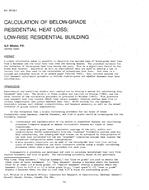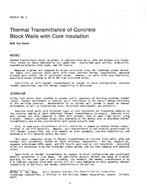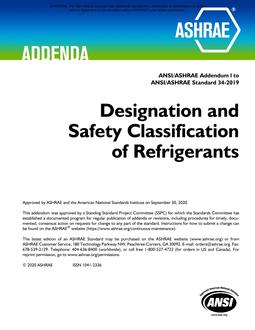The advent of boundary layer wind tunnel technology has broadened significantly the base ofknowledge which characterizes wind-structure interaction phenomena. Engineers and scientistsworking with this relatively new research tool have contributed valuable data and understandingto the general body of knowledge regarding air flow around buildings. This information isslowly finding its way into the world of the practicing engineer, although the process of incorporatingthe new technology into building codes and standards of practice in the U.S. hasbeen slow and arduous.
No attempt will be made herein to present or summarize this body of knowledge, as companionpapers in this symposium treat the topic in detail. Rather, the objective of this presentationis to place this relatively new information into a perspective that will be useful to thepracticing engineer. In this regard it is recognized that both the structural engineer andthe mechanical engineer have need for this type of information. It is the special characterof wind-structure interaction phenomena which produces air flows and attendant forces withwhich these engineers must contend.
Citation: Symposium, ASHRAE Transactions, Volume 82, Part 1, Dallas, TX
Product Details
- Published:
- 1976
- Number of Pages:
- 11
- File Size:
- 1 file , 1.4 MB
- Product Code(s):
- D-DA-76-17-4


